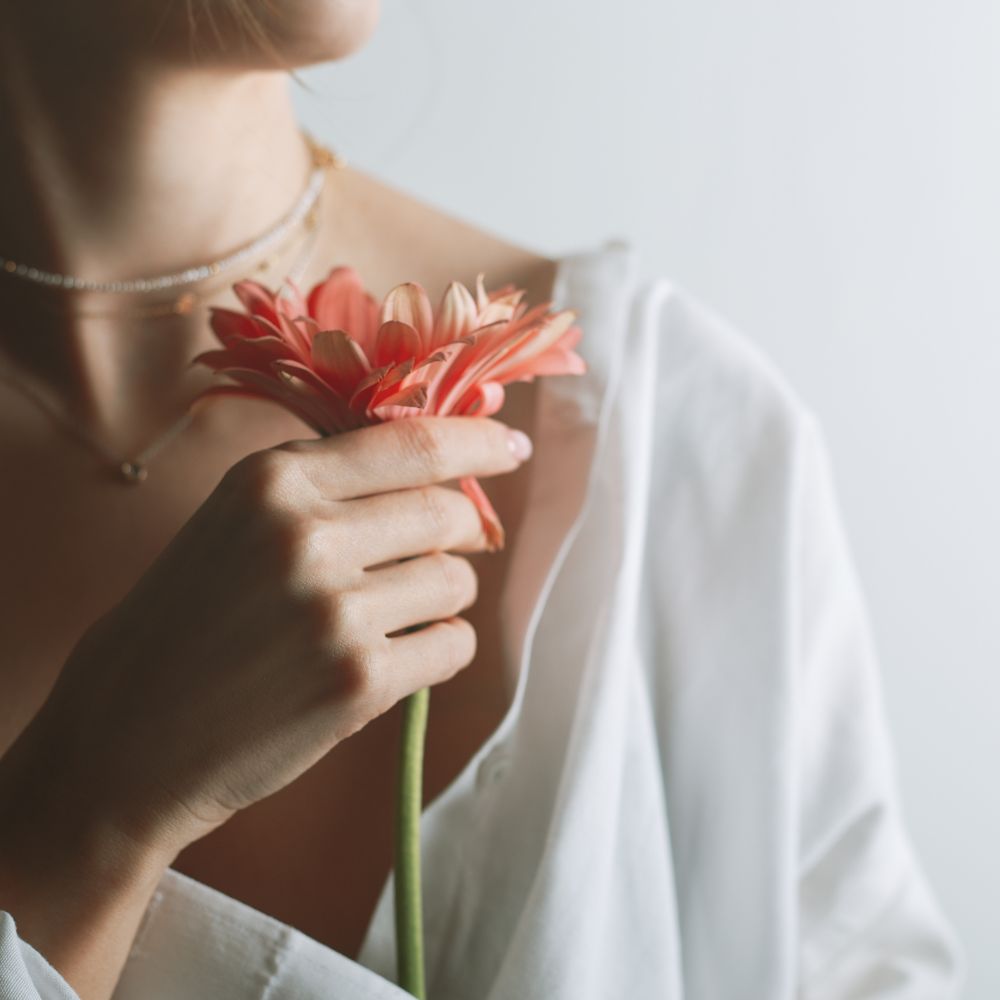When the Rules Erased Me: Reclaiming My Divine Femininity
July 1, 2025

For most of my life, I believed my worth came from how well I could disappear.
I was raised in a culture where being a “good woman” meant being supportive, not central—present, but never loud. Seen, but not heard. There was no space for softness unless it served someone else. No space for questions unless they already had pre-approved answers.
I was taught that women had a role, and it was always adjacent to a man’s.
And so I played the part.
The Church That Forgot the Mother
In my faith tradition, we spoke endlessly about a Heavenly Father. We prayed to Him. We built our entire lives around what He wanted from us.
But there was something else—something we never spoke of: a Heavenly Mother.
I remember the first time I realized how strange that was. We were taught she existed… but we were also told not to talk about her in order to “preserve her sacredness”. To avoid imagining her. To keep our focus on the Father.
That silence shaped me more than any sermon.
It taught me that the feminine is overly sacred, but not central. That even divinity, in its highest form, prefers to keep the woman tucked away in a back room—present, but uninvited to the table.
When Femininity Was Dangerous
I didn’t grow up wanting to be a girl. Not really.
Not only because I didn’t like dresses or softness or lip gloss—but because I was told those things made me vain, gawdy, attention-seeking. And what could be worse than taking up space as a woman?
So I tried to belong where I thought I might be allowed: with the boys.
I wore my male cousin’s hand-me-downs. Learned all the rules of football. Hardly wore makeup and barely brushed my hair. Lived in oversized sweatshirts.
I wasn’t allowed to claim value as a girl, so I tried to earn it as a tomboy.
But even that had limits. Because I wasn’t really one of them, and I never would be.
And when I learned I couldn’t have children—what felt like the only meaningful feminine role I’d ever been given—my sense of worth collapsed completely.
If I couldn’t be a wife or mother, what was I?
In the eyes of my faith?
In the eyes of God?
In the eyes of my own soul?
When Religion Doesn’t Work for Women
The truth is, religion doesn’t work the same for women as it does for men—not when it’s been built by men, for men.
In the video that changed everything for me, Devika Vidyaratna shares how so many women feel erased by their faith traditions.
The language, the structure, the rituals—they reinforce the idea that your value is in what you give to others, not in who you are.
That your body is dangerous.
That your voice is too much.
That your intuition can’t be trusted.
Over time, those messages don’t just stay in church.
They burrow into your nervous system.
They become the stories you tell yourself without realizing.
Until one day, you look in the mirror and realize:
You’ve been edited out of your own life.
Reclaiming the Feminine
My healing didn’t start in a therapist’s office or a church pew.
It started quietly:
In Journaling. In creating.
In learning to move my body without shame.
In lighting a candle and letting myself cry, not because I was broken, but because I was coming home to myself.
It started when I realized that femininity isn’t weakness—it’s wildfire.
It’s creation. It’s softness and spine. It’s the wisdom that lives in the body, not just the mind.
And for the first time in my life, I let myself believe that maybe…
I was sacred, too.
What Divine Femininity Feels Like Now
I paint my nails just because.
I speak up even when my voice shakes.
I say no without apologizing.
I trust my intuition.
I cry without shame.
I rest. I create. I bloom—even when no one’s watching.
If You’ve feel Erased Too
You don’t have to keep following rules that were never meant for you.
You get to choose what stays—and what no longer belongs.
This is what reclaiming your feminine power looks like. Quiet. Bold. Yours.